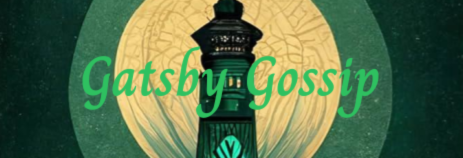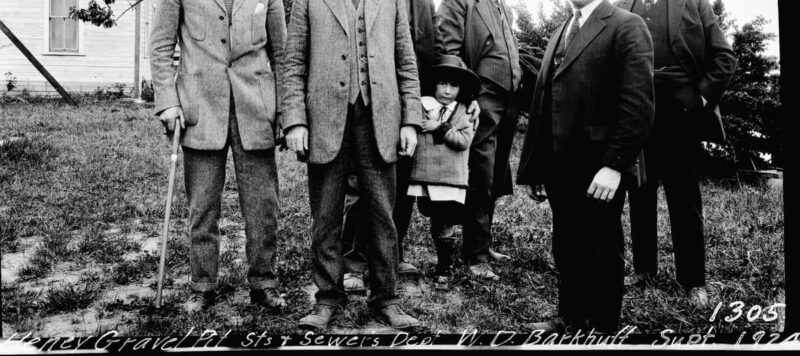Now readers, this is a gossip column after all, and what good is a rumor without any truth to it? I’m here to sadly announce that our most reliable informant may not be so reliable after all. Nick Carraway has never been an honest man, and as the saying goes, you can’t teach an old dog new tricks.
The self-proclaimed veracious Carraway is often recognizable under the anonymous alias N.C. under this column. How exactly does he get the scoop on every socialite of New York? By being quick to judge, and slow to reason.
“Everyone suspects himself of at least one of the cardinal virtues, and this is mine: I am one of the few honest people that I have ever known.” – Nick Carraway
(Fitzgerald, The Great Gatsby, Chapter One).
But how honest is Nick, exactly? After all, he doesn’t seem to care too much about the personalities of women around him, only what strikes his fancy.
“Dishonesty in a woman is a thing you never blame deeply…” – Nick Carraway
(Fitzgerald, The Great Gatsby, Chapter One).
Well, what exactly does Nick Carraway pay attention to? Not anything above the brow bone, apparently, especially not a woman’s brains.
“She was incurably dishonest. She wasn’t able to endure being at a disadvantage… I enjoyed looking at her. She was a slender, small-breasted girl, with an erect carriage, which she accentuated by throwing her body backward at the shoulders like a young cadet.” – Nick Carraway
(Fitzgerald, The Great Gatsby, Chapter One).
You may have noticed we are no longer protecting the man’s identity. Fear not, our remaining-anonymous informants, as this is our only and final reveal. We are hereby retiring as a column, these posts have caused enough gossip. And with this grand finale, it surely will be quite a while until the talk about this post dies down.
Be warned, Nick Carraway is perhaps the least honest person we’ve ever known!
Fitzgerald, F. Scott. The Great Gatsby. The Project Gutenberg eBook of The Great Gatsby, by F. Scott Fitzgerald. eBook #64317. Project Gutenberg, January 17, 2021, online.
https://www.gutenberg.org/files/64317/64317-h/64317-h.htm





